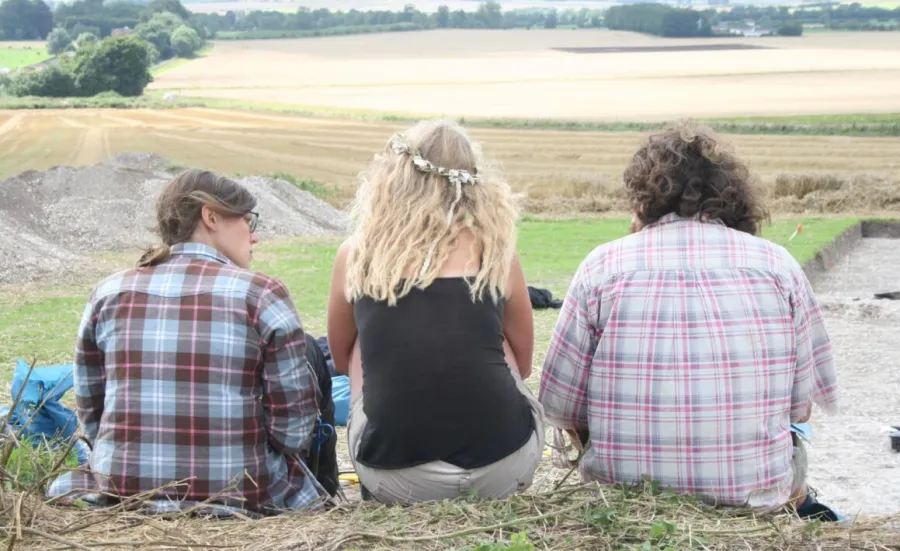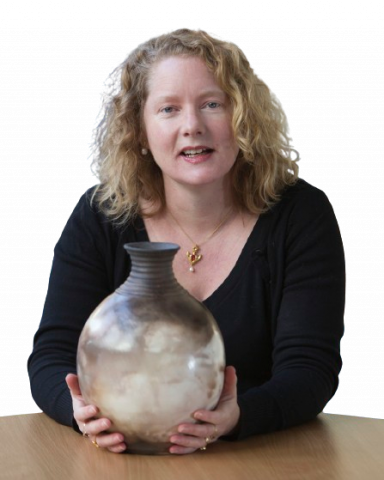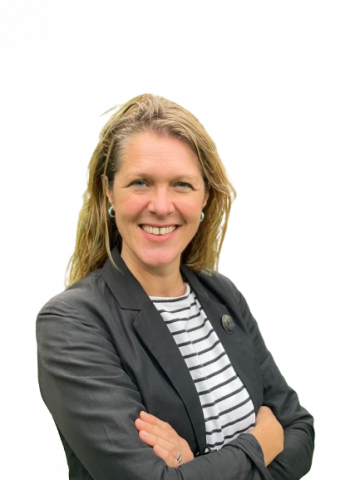-
3rdin the UK for archaeology research
-
5thin the UK for archaeology
Source: Complete University Guide 2024
-
over 90%of archaeology and anthropology students satisfied with course
Source: Guardian University Guide 2023
Overview
About the Department of Archaeology
People, both past and present, are at the heart of our activities. We combine archaeological and anthropological approaches to develop an understanding of humanity and its relationship with the material world. Our internationally leading projects, across the UK and in diverse regions of the world, explore the human condition. We collaborate with our research partners in local communities and in globally important institutions
We have custom-built facilities. We also benefit from in-house and wider University laboratories, equipment and collections. These support our teaching and research in areas including:
- maritime archaeology
- bioarchaeology
- human origins
- cultural heritage management
- cultural anthropology
- archaeological geophysics
- artefact studies
Our research engages with diverse and important global challenges that matter to our staff and students. Archaeology and anthropology offer key insights into:
- climate change and sustainability
- emerging technologies such as AI
- wellbeing
- equality and diversity
- mobility
Research expertise
We have a sustained international reputation for theoretical, methodological and interpretive research within archaeology. Our staff have undertaken research on 6 continents, drawing on evidence from the Lower Palaeolithic to the recent past. Our research integrates scientific and cultural fields to produce sophisticated knowledge about the human past.
We have specialist expertise in the following clusters:
- social anthropology and ethnography
- human origins or palaeoanthropology
- later prehistory, including Neolithic, Bronze Age and Iron Age
- historical archaeology, including Classical and Medieval
- reception studies and heritage
- maritime archaeology
- molecular archaeology
- biological anthropology
- bioarchaeology and osteoarchaeology
We frequently collaborate with other disciplines to develop innovative approaches to the past. Many of our staff are active in the field in the UK and internationally. Current research considers:
- human origins in southern Africa
- human global colonisation
- Neanderthals and early modern humans in western Eurasia
- submerged landscapes
- deep-water shipwrecks
- coastal and island archaeology
- prehistoric monumentality
- urban centres and imperial networks
- human health
- disabilities and life-ways
- isotopic and biomechanical analyses of past mobility
- indigenous heritage voices
- the representation of the past
- the importance of heritage for wellbeing
Departmental culture
Within an ethical and supportive environment, we work hard to ensure the development of future research leaders within archaeology and anthropology. Staff and students in our department work together to generate new knowledge. We do this through original research and through fieldwork and projects. We collaborate within our research centres and clusters.
Our students develop through direct engagement with research-led teaching. Specialist laboratories, experimental facilities and new field-leading digital imaging and geophysical equipment are available to both staff and students. The department contains key international bioarchaeological, lithic and ceramic collections. We have also pioneered digital recording and analytical techniques in the study of past material culture.
Our staff are committed to knowledge exchange and public engagement. We incorporate both into our teaching and fieldwork training.
We also have links with national and international institutions, including:
- UNESCO
- the National Trust
- Historic England
- the NHS
- local government
Equality, diversity and inclusion (EDI)
Our department is committed to the creation of a sustainable work environment for staff and students that is positive, supportive and equitable. This atmosphere is at the heart of what we do.
We maintain our staff-student relationships by:
- regular Student Staff Liaison Committees
- Faculty EDI networks
- our commitment to the University Equality and Diversity policy
- UK Athena SWAN principles
As an inherently practical subject we take accessibility seriously. In addition to our own Code of Conduct for Fieldwork, we work with the University to make life in and outside the department fair and enjoyable for all.
The often difficult and contested pasts of archaeology and anthropology as disciplines are something we’re keen to engage critically with through our teaching as well as our research. We encourage our students to play an active part in this through:
- lectures
- seminars
- assignments
- wider discussions and engagement
These conversations are strongest when they include and represent diverse groups of people. We continue to work towards this both as a department and more widely as a discipline.
Our courses
Research and enterprise
Learn more about archaeological research and how we bring our expertise to businesses and organisatons.
-
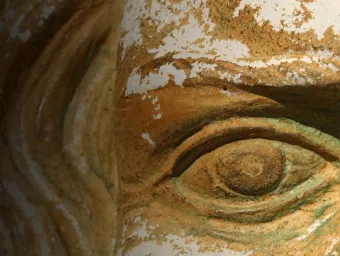
Archaeology research area
Find out about archaeological research across the University. Our archaeologists play a crucial role in the way we record and present the past, and preserving it for the future.
-
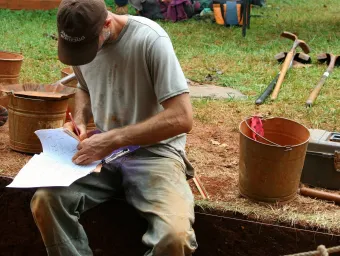
Commercial services
We offer field evaluation, consultancy, post-excavation assessment and reporting to publication standard. Our specialisms include environmental specialist co-ordination, prehistoric ceramics marine geophysics and geoarchaeology.
Our research community
Research centres and groups bring together specialists to share knowledge and solve problems. Archaeology staff also lead within University research institutes. Explore our projects and publications in more depth.
People
Work with us
-
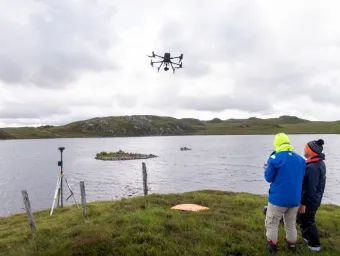
Jobs at Southampton
Find out about job opportunities in the Department of Archaeology.
